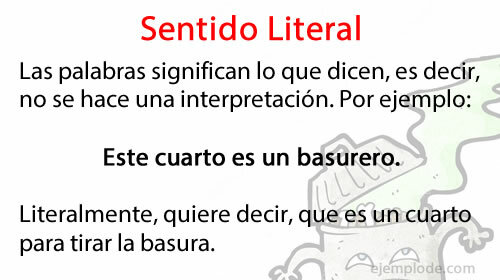Use And Abuse Of Acronyms
Drafting / / July 04, 2021
According to the academic definition, acronym (in Latin it is a plural word that means "figures" or "abbreviations") is the initial letter that It is used as an abbreviation of a word and also the label or denomination that is formed with the initial letters of several words.
D. (gift), E. (east), V.S. (Your honor), S.A. (Limited company), O.E.A. (Organization of American States), U.S.S.R. (Union Soviet Socialist Republics), P.R.I. (Match Institutional Revolutionary), U.N.A.M. (National Autonomous University of Mexico), F.B.I. (Federal Bureau Investigation), A.L.A.L.C. (Latin American Association of Free Commerce), O.P.E.P. (Organization of Petroleum Exporting Countries), S.E.L.A. (Latin American Economic System), C.E.E. (European Economic Community), etcetera.
Regarding the punctuation of the acronyms, it is necessary to clarify that, although the norm establishes that "at the end of the abbreviations you must put a point", the custom mainly journalistic - has generalized the suppression of these points, especially when the letters form pronounceable groups as words: PRl, UNAM, OPEC, SELA... Before this total elimination of points there was an intermediate stage in which only the end point of the acronym was preserved: PRL, UNAM., OPEC., SELA. In summary, the use of periods in acronyms of several letters evolved as follows: first, a period was placed after each capital letter, as an abbreviation; later the whole set was considered as an abbreviation and the final period was put to it; finally, all punctuation has been eliminated, considering that the acronym condition arises from writing with capital letters. But there are those who go further in simplifying spelling and use only the initial capital letter, as if it were a simple proper name: Unesco, Unicef, Fao... (This use is not recommended, as it hides the multiple formation of those that are actually sets, not terms).
The acronym is a linguistic phenomenon typical of our time. Every day his employment is extended. In this regard, the writer Enrique Banchs comments: "Simultaneously it spreads in all social strata and tends to become a key lexicon, complementary to ordinary language".
Although the use of acronyms responds to a very current need for "linguistic economy", their abuse or indiscriminate use entails a danger, highlighted by Banchs:
It happens that not a few of those who use them ignore or even forget the mother words of acronyms.
Most acronyms are used only within a country and have no meaning outside of it. In such a way that, thus unintelligible, these national or regional acronyms, more and more numerous, are a element of separation or misunderstanding between peoples of the same language who communicate by the press or the book.
On the very particular condition of these words that have invaded the expression in an alarming way due to their increasing number, the aforementioned author points out:
Above all, they are no longer acronyms. They are, in use, identical to proper names. But they resist some grammatical rules, for example, the accident of numbers. They are neologisms and they are not, because a neologism does not come out of nowhere, it has some root, even in a strange language. They do not correspond to the nature of any language, and yet they agree with that of all, to the point that they cannot be branded as barbaric, and they are brutally so in their appearance. They are not technical terms,.. It is created one day, suddenly, by individual inventiveness, and the next day they become indispensable.
Derived and compound words arise from acronyms —converted into proper names—: generic voices understandable to those who know the meaning of their parents. Thus, from the PRI, very significant terms have been born in Mexico, such as PRI, anti-PRI, PRI; of CCT (General Confederation of Workers), blindness, blindness, blindness, procegetist; of ONU (United Nations Organization), unism, etcetera.
Both the acronyms and the so-called figures (combinations formed not only with the letters, but with the initial syllables of the words, such as CONACYT = National Council of Science and Technology; BANFOCO = Commercial Development Bank; FANACAL = National Footwear Factory; AÍ.PRO = Alliance for Progress) are increasingly numerous, for their convenience of synthesis. They are used to designate public and private institutions, trademarks, trade names, titles of publications, conventional phrases and names of well-known persons.
When using this type of linguistic "ultra-convention", it is convenient to estimate the extent of its understandability, in order for it to fulfill its communicative mission: it must be considered if they need the corresponding clarification. The most usual thing - except for cases of obvious understanding - is to clarify the terms the first time they are used in the text.


